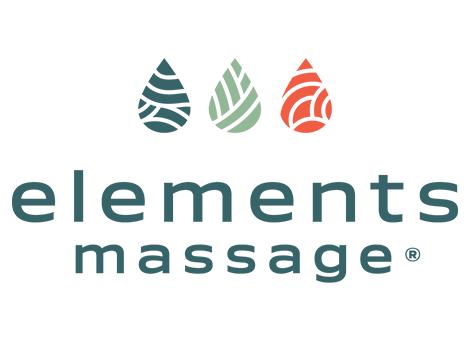Massage therapy is widely recognized for its numerous benefits, including stress reduction, pain relief, and improved overall well-being. However, it's important to acknowledge that not everyone is an ideal candidate for a massage. While massage can be therapeutic for many, there are certain situations and conditions where caution or avoidance is recommended. In this blog post, we'll explore who might want to think twice before booking a massage.
-
Recent Surgeries or Injuries: Individuals who have undergone surgery or experienced recent injuries should consult their healthcare provider before seeking massage therapy. In some cases, certain techniques or pressure could exacerbate the healing process or cause discomfort. A professional massage therapist can adjust their approach or recommend alternative therapies based on your specific situation.
-
Infectious Diseases: If you're currently suffering from an infectious disease, it's considerate to avoid getting a massage to prevent the potential spread of the illness. This includes conditions like the flu, colds, or skin infections. Not only does it protect the massage therapist, but it also helps maintain a healthy environment for other clients.
-
Certain Medical Conditions: Individuals with certain medical conditions should approach massage with caution. Conditions such as deep vein thrombosis, severe osteoporosis, or cardiovascular issues may require modifications to traditional massage techniques. Always communicate openly with your healthcare provider and the massage therapist about your medical history to ensure a safe and effective session.
-
Pregnancy Complications: While prenatal massage can be beneficial for many expectant mothers, those with high-risk pregnancies or specific complications should consult their healthcare provider before seeking massage therapy. A trained prenatal massage therapist can adapt techniques to suit the individual needs of pregnant clients, but professional guidance is crucial in such cases.
-
Skin Conditions: Individuals with contagious skin conditions, such as fungal infections or severe eczema, may need to avoid massage until the condition is resolved. It's essential to inform your massage therapist about any skin concerns beforehand to ensure a safe and comfortable experience.
-
Certain Medications: Some medications may cause sensitivity or affect blood circulation, making it necessary to consult with a healthcare professional before receiving a massage. Blood-thinning medications, for example, may increase the risk of bruising during massage. Open communication with both your doctor and massage therapist is key in these situations.
While massage therapy offers a range of benefits for many individuals, it's crucial to recognize when caution or avoidance is necessary. Always prioritize open communication with both your healthcare provider and the massage therapist to ensure a safe and effective experience tailored to your specific needs and circumstances. Remember, the goal is to enhance your well-being, and a collaborative approach between you, your healthcare team, and your massage therapist can help achieve that goal responsibly.

